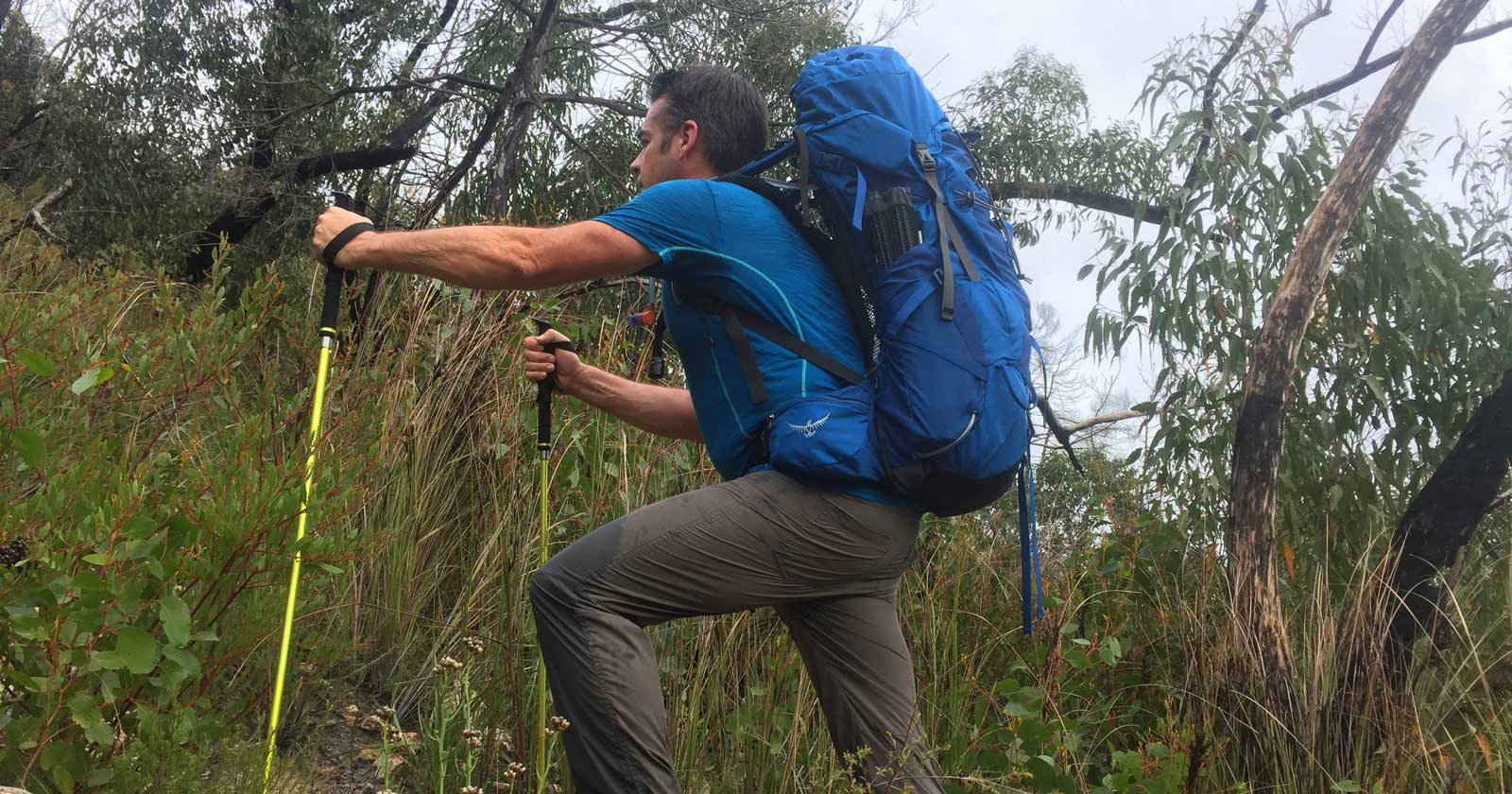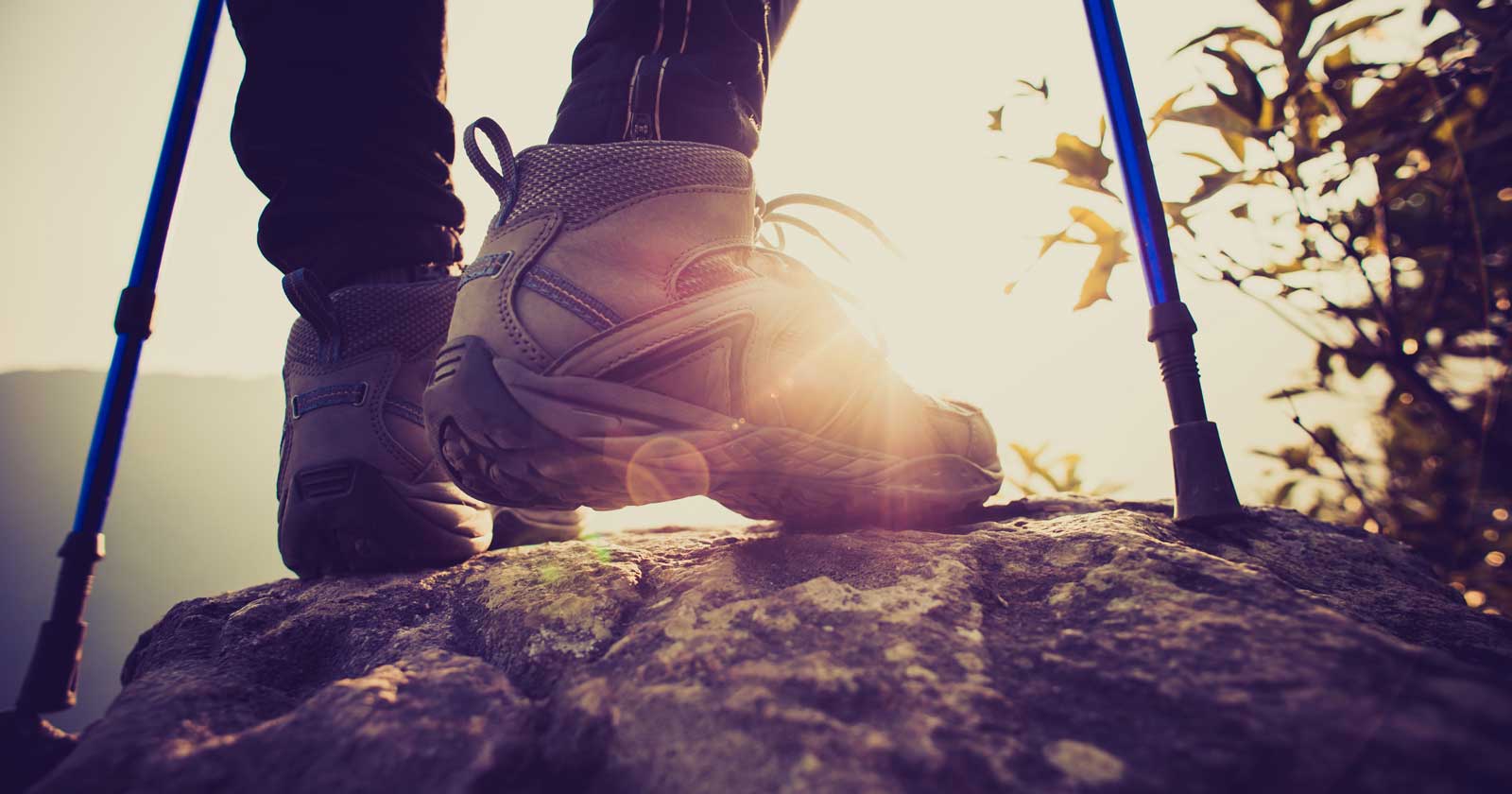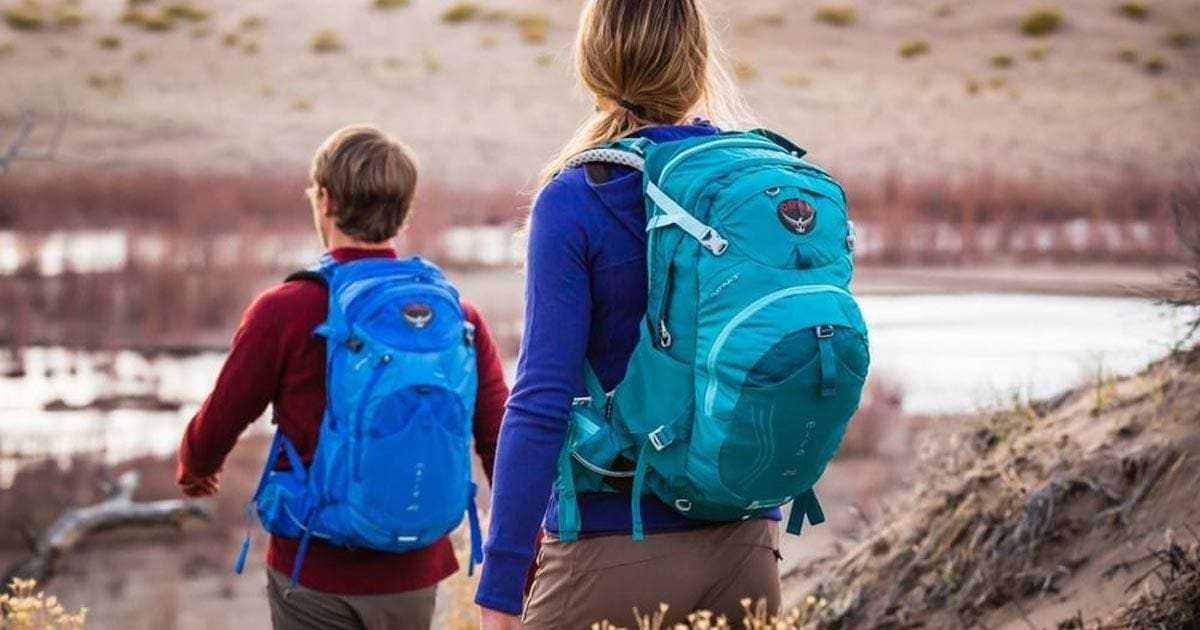Hiking packs: Designed for a purpose
Apart from looking good, every backpack is designed for a purpose. Different designs and sizes suit different activities. Mountain Designs offer a wide range of packs. Some will be cross-functional, but the real decision comes from looking at your main activity type. This will determine which factors will have more importance over others. For example weight might override comfort and support when travelling, whereas adjustability and agility are considerations for hiking.
Travel Packs
Travelpacks are designed to give you the packing options and travel security of a suitcase. A zip-away harness even allows you to transform your travel pack into a suitcase whenever you need it. That can come in handy at the airport conveyor belt or at your hotel reception. They are generally quite roomy and open all the way up, allowing full access to your gear. Look out for organiser pockets, as these can come in very handy when you start picking up more clothes and souvenirs on the way!
Hiking Packs
Hiking packs have a narrower shape with a top opening and allow you better agility. They have to be as light and weatherproof as possible. Most hiking packs will give you an adjustable harness so that you can fit the pack comfortably to your body height and shape. The most specialised version is the alpine pack, made to withstand extreme weather conditions at minimum weight. Choose your volume based on the duration of your hike, but keep in mind that the longer you go for the more tired you’ll get, so don’t forget to pack light!
Hybrid Packs
Hybrid packs are where travel and hiking packs meet. They combine the narrow profile of a hiking pack with the convenience options of a travel pack. This makes hybrids heavier than genuine hiking packs, yet it creates an excellent all-round pack that you can rely on for city travel and hiking trips.
Daypacks
Daypacks are ideal for activities of limited duration and gear. However, with so many to choose from, your intended end use determines what features to look for in a daypack.
Overnight Packs
If you want to go on an overnight hike (or a quick weekend jaunt) you’ll need a hiking backpack big enough to see you through the night. Keep it simple with the necessities: enough clothes for the next day, any food and water, sleeping gear and your tent. Backpacks between 35L–50L are ideal for overnight hikes, lightweight hikers and travellers. For a multi-day hike, you will be looking for something larger depending on how much gear you plan to carry and how neatly it all packs away.
Activity:
- Bush walking: narrow profile, padded back or a framesheet, capacity of 30 litres+ (extra clothing), hip belt and sternum strap
- Rock climbing: sternum strap and compression straps (prevent load from shifting), features for easy storage of gear (internal pockets, daisy chain, crampon straps)
- Ski touring: narrow profile, sternum strap and hip belt
- Trail running/multi-sports: good fastening and stabilising system
- Work/school/university: compartments, slots and sleeves (for organising)
- Hydration: removable reservoir (or bladder), sipping hose clipped to one shoulder strap (easy access)
Contributed by: Mountain Designs






That must be why we have 8 between us 😂
Julie Fidler hahaha. I know exactly what you mean. We have a cupboard full too, one for every occasion.
Julie Fidler only 8 ???lol